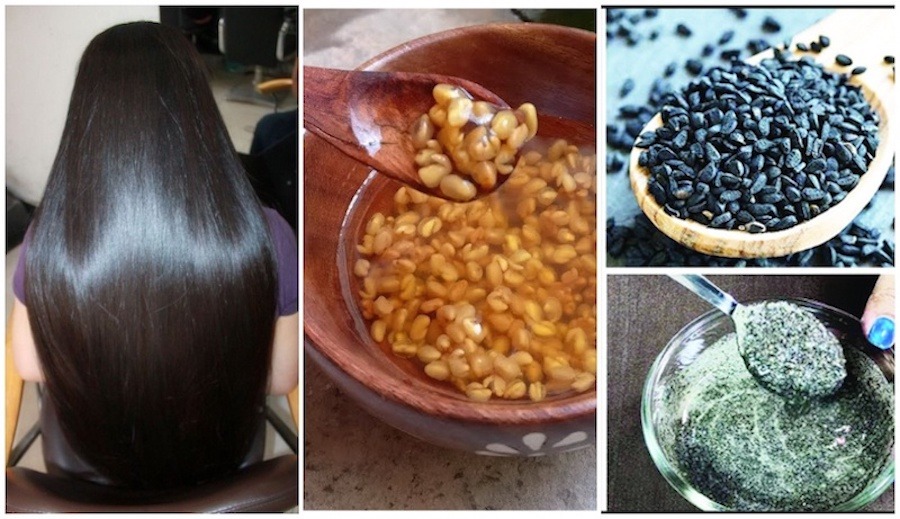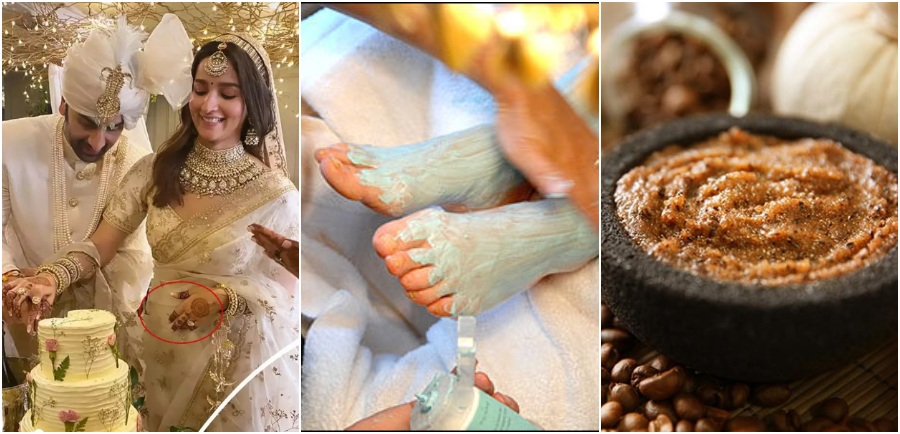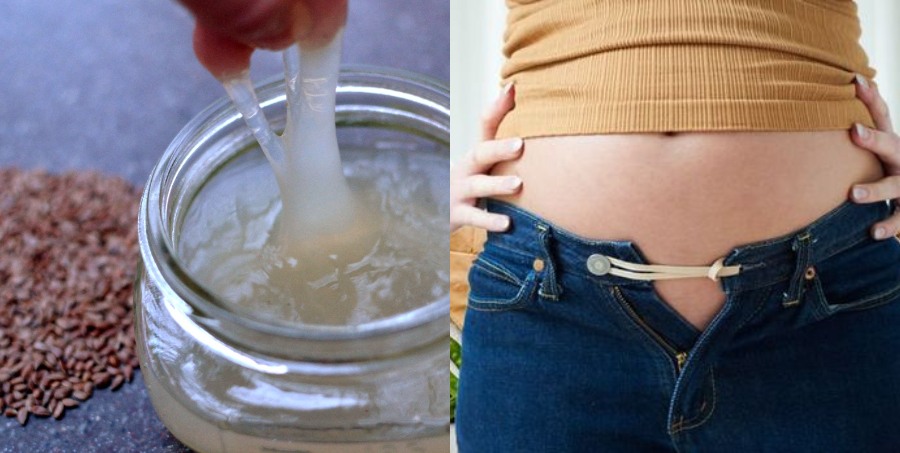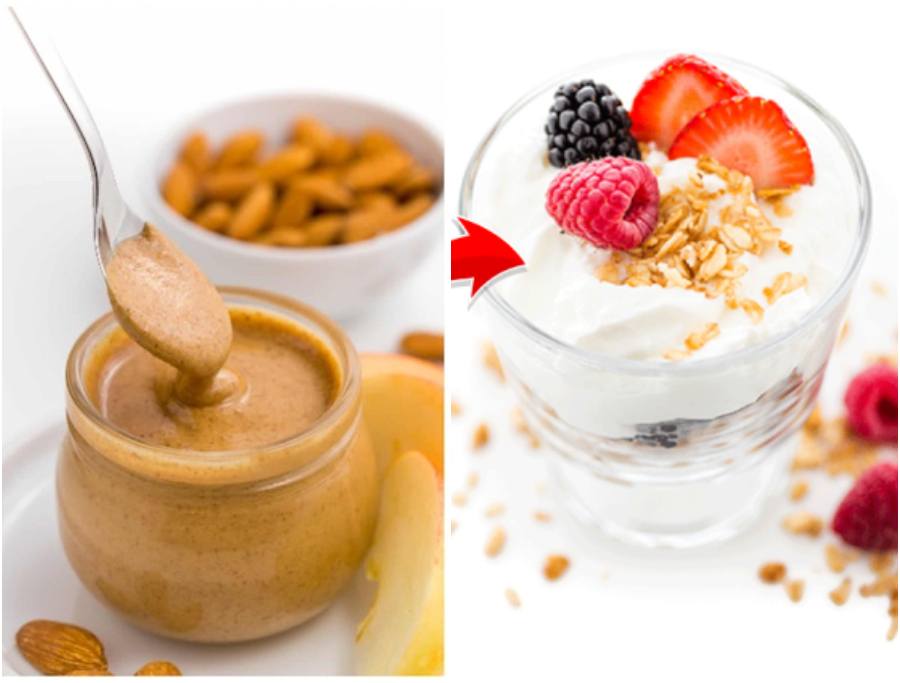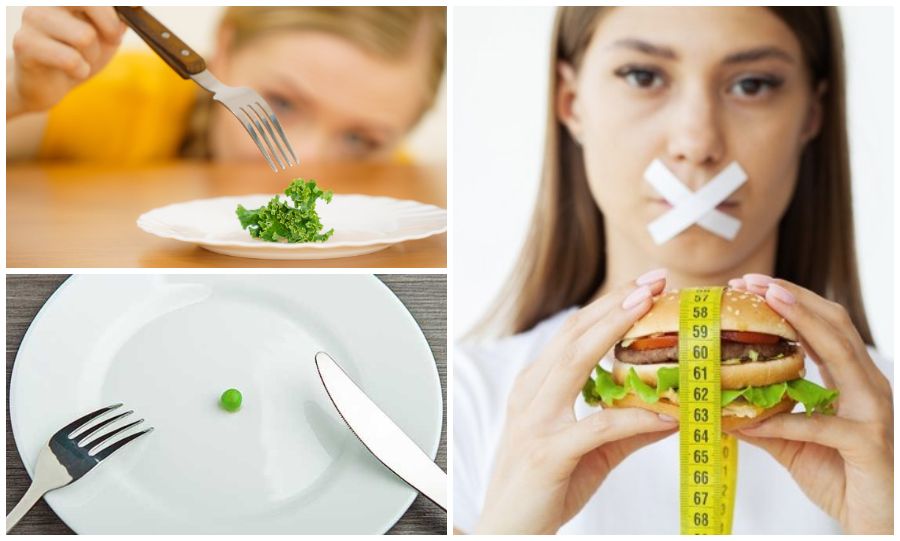Is your hair falling in clumps every time you wash or comb the hair? It’s that time of the year when a majority of women experience hair fall and they cannot pinpoint exactly what’s going wrong with their hair? It’s believed that a person loses up to 100 strands in a day, and it’s absolutely normal, but when you start noticing bald spots on the crown of the head and hair clogging up shower drains, then there’s an issue which needs urgent addressing. In this post, we list out 14 big reasons your hair keeps falling out so that you can take timely action.

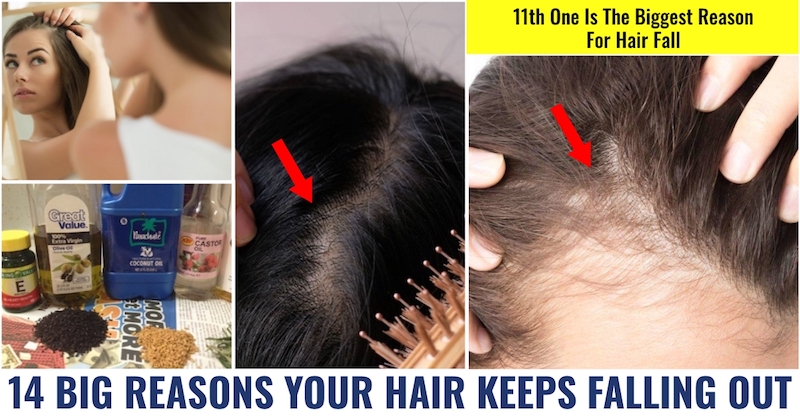
The Hair Growth Cycle:
Every hair undergoes three stages during its growth – anagen, catagen, and telogen.
Anagen – This is the growth phase and it would last an average of 3 to 5 years, sometimes even 7 years. A hair can grow up to 18 to 30 inches during this phase.
Catagen – This phase begins at the end of anagen phase. At this time, the hair stops growing.
Telogen – This is the resting phase when hair falls out of its follicles. The follicles then remain dormant for 3 months and then the anagen phase restarts.
It’s an interesting fact that every strand has a different growth cycle and they do not grow out and fall from the scalp uniformly or at the same time. On an average, around 100 hair strands fall out of the follicles after reaching the telogen phase, and it is quite normal to lose that number of hair each day, nothing to be alarmed about. Hair fall can be termed abnormal when hair strands on the comb exceed 100 and beyond. Hair fall can be triggered by a number of factors such as hormonal disorder, use of harsh shampoo and conditioner, hairstyling products, chemical treatments such as straightening, prolonged use of antibiotics and other strong medicines, and most importantly, lack of nutrition.

14 Main Reasons your Hair Keeps Falling Out:
1. Too much Vitamin A: Yes, you read it right! Too much of anything is bad, especially too much of vitamin A can lead to hair fall. Going beyond the recommended level fo 5000 IU per day can in fact be detrimental to overall healthy, particularly that of hair. Always take supplements under the guidance of a certified doctor, and if you experiencing excessive hair fall, check with your doctor for underlying medical issues.
2. Biotin deficiency: Biotin deficiency can cause hair thinning, frizzy hair, and hair loss. Amping up biotin through these food sources can reverse biotin deficiency.
3. Zinc deficiency: Lack of this essential trace mineral, can cause excessive hair loss in both men and women. Including food sources such as walnuts, pumpkin seeds, nuts, lentils, and eggs can correct zinc deficiency.
4. Iron deficiency: Iron supports hair growth by promoting healthy circulation and transporting oxygen and other essential nutrients to hair follicles. Quinoa, chia, green leafy vegetables, spinach, lentils, soybeans, etc. are good sources of iron.
5. Selenium Deficiency: Selenium has antioxidant properties, which means it helps prevent some of the damage to cells and tissues caused by free radicals. In combination with zinc, selenium supports healthy hair growth by maintaining healthy hormone levels and boosting the immune system. Nuts, beans, eggs, etc. are good sources of selenium.
6. Vitamin B12 Deficiency: Unknown to many, vitamin B12 deficiency can trigger hair fall, and cause anemia. Eggs and milk products are good sources of vitamin B12.
7. Wrong Shampoo or Hair Oil: Always pick gentle shampoos and hair care products for the hair because surfactant and sulfates in shampoos can cause hair thinning, frizzy hair, and hair fall.
8. Lack of Protein: A reason why health experts suggest eating eggs to combat hair loss – a low-protein diet can lead to hair loss. Also, going low on protein would also mean increased difficulty to lose weight.
9. Hypothyroidism: This condition is caused by impaired function of the thyroid gland which affects both metabolism and hair fall.
10. Medical conditions: Medical conditions, fever, inflammation, and use of certain medications can cause excessive hair fall.
11. Stress and Anxiety: Stress and anxiety can increase the level of hormone “cortisol” which can result in excessive shedding of hair.
12. Hormonal changes: From weight gain to acne to hair fall, imbalance in hormones can play havoc in the body. Polycystic ovarian disease, which is a hormonal disorder, where there is more of male hormones called androgens, can trigger hair loss.
13. Telogen effluvium: It’s a condition where there is severe hair fall as a result of illness, traumatic event, stress, and shock. It’s just a temporary hair loss condition where one loses hair from the crown area mostly and after a period of time hair grows back normally. Telogen effluvium is the main reason one loses hair during dieting and once nutrients and vitamins get added back into the diet, telogen effluvium gets resolved.
14. Crash Dieting: Skimping up calories by a great degree can shock the body and cause vitamin and mineral deficiencies, triggering hair fall. That’s why losing weight by eating right is the best option to avoid nutrient deficiencies and subsequent hair fall – if you have been following random diets and experiencing hair fall, switch to Rati Beauty Weight Loss diets to lose weight by eating healthy to correct nutritional deficiencies through the right food.
If you are looking for homemade remedies to stop hair fall – check out these posts – How Black Seed Oil can Put a Stop to Excessive Hair Fall and 5 Onion Hair Packs to Control Hair Fall.
How Black Seed Oil Can Put a Stop to Excessive Hair Fall
5 Onion Hair Packs to Control Hair Fall

